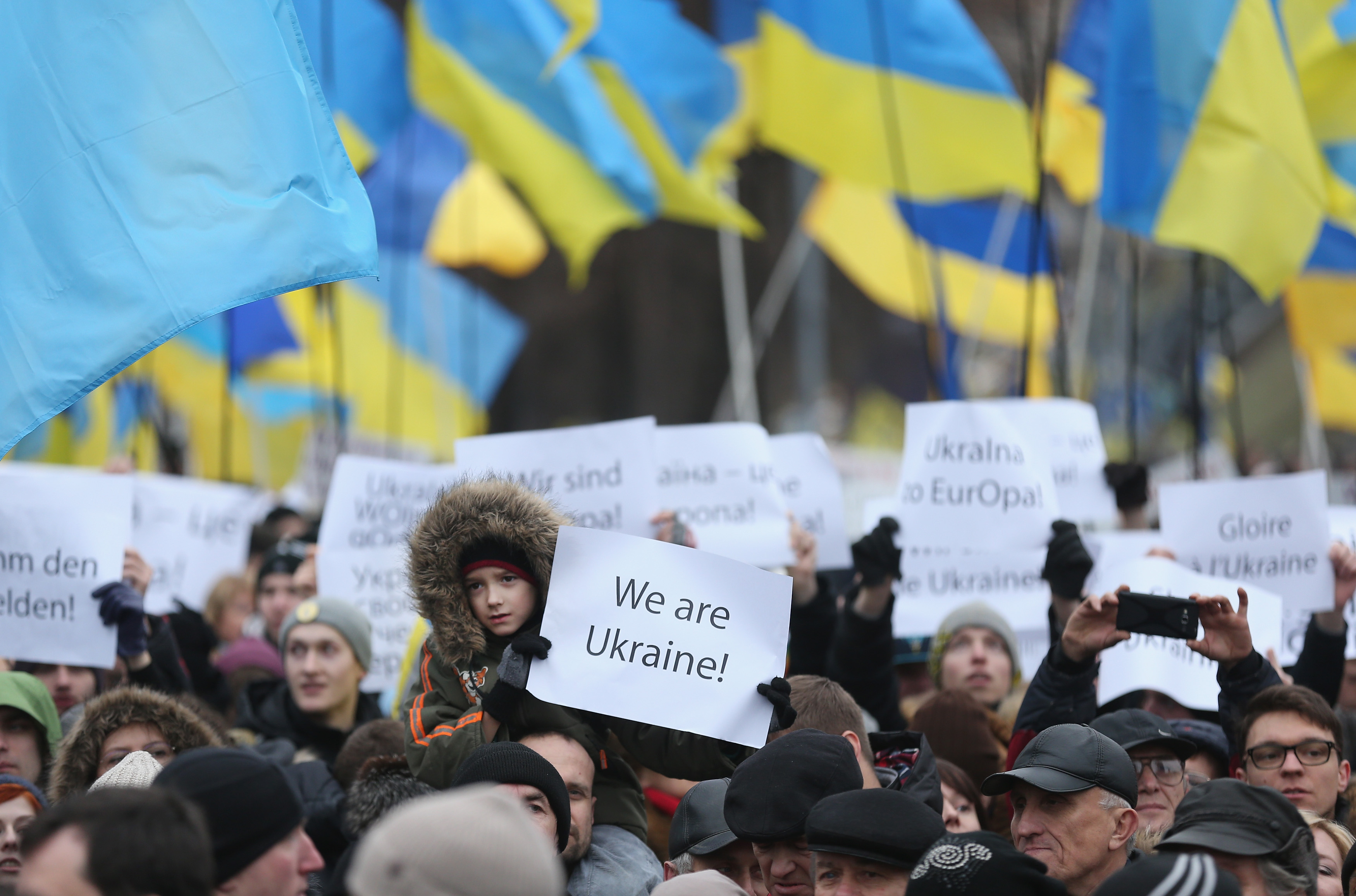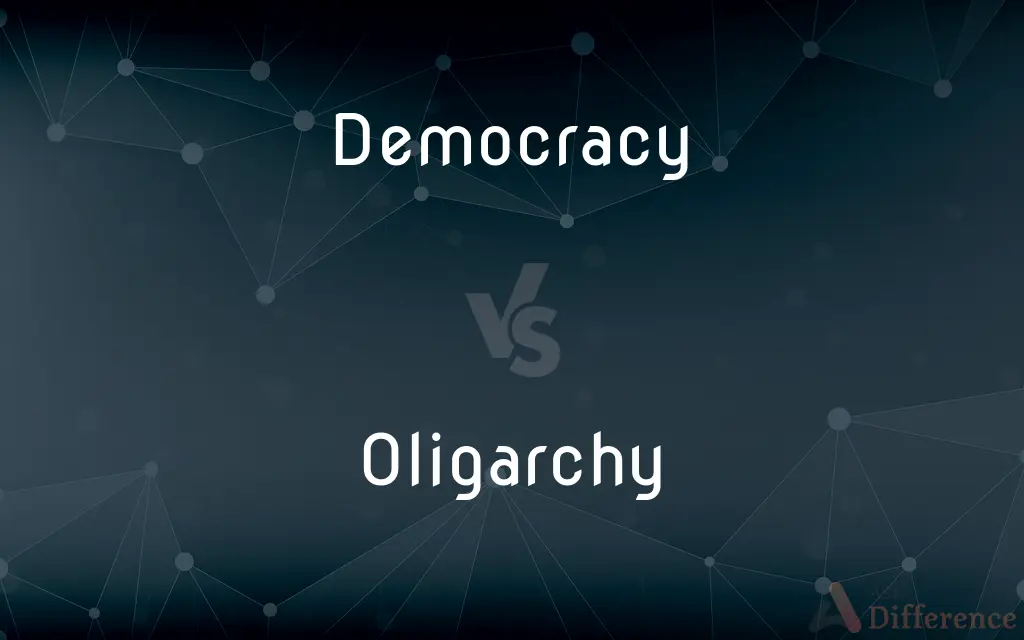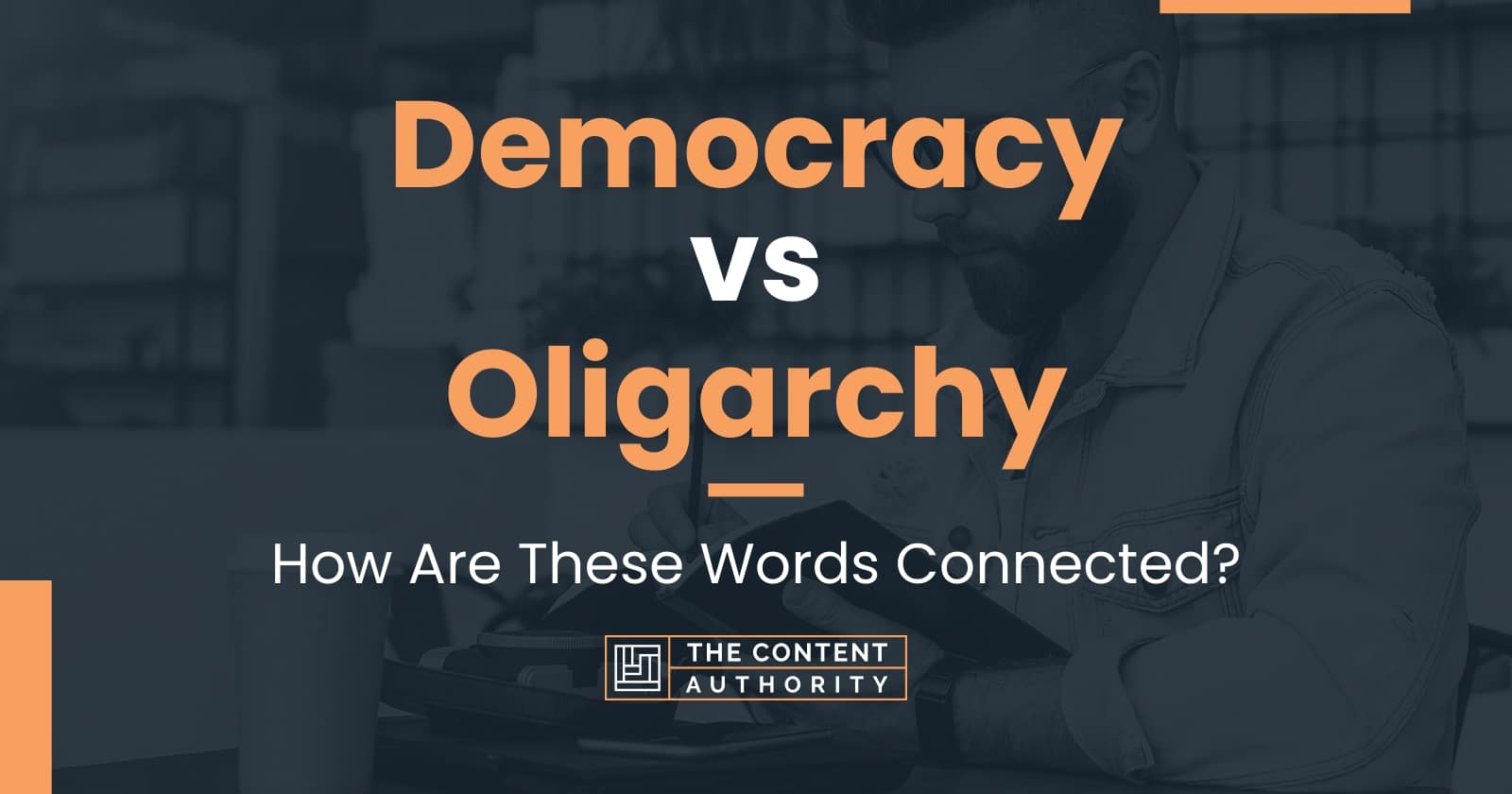Let’s dive right into it, folks. The question on everyone’s mind: Is Ukraine a democracy or an oligarchy? This is not just a political debate; it’s a real-world scenario that affects millions of lives. As we unpack the complexities of Ukraine’s political system, we’ll explore how this Eastern European nation has evolved over the years. From its post-Soviet beginnings to its current struggles and triumphs, there’s a lot to unpack. So, buckle up because this ride is gonna be intense.
When we talk about Ukraine, we’re talking about a country that has been at the center of global attention for quite some time now. The ongoing conflict with Russia has thrust Ukraine into the spotlight, but beneath the surface lies a deeper question: What kind of government does Ukraine really have? Is it a democracy where the people hold power, or is it an oligarchy controlled by a few wealthy elites? This is the million-dollar question, and we’re here to break it down for you.
Before we dive deep into the nitty-gritty, let’s set the stage. Ukraine gained independence from the Soviet Union in 1991, and since then, it has been on a rocky path toward democracy. But the road hasn’t been smooth. Corruption, political instability, and economic challenges have all played a role in shaping the country’s political landscape. So, is Ukraine a democracy or an oligarchy? Let’s find out.
Read also:Beyonceacute Skin Whitening The Truth Behind The Glow
Understanding Ukraine’s Political System
To answer the question, we first need to understand how Ukraine’s political system works. The country operates under a semi-presidential system, meaning both the president and the prime minister share executive powers. Sounds straightforward, right? Well, not exactly. The balance of power between these two roles often leads to tensions and power struggles, which can complicate governance.
What Does Democracy Mean for Ukraine?
Democracy, in its purest form, is about giving power to the people. In Ukraine, citizens have the right to vote in free and fair elections, which is a key tenet of democracy. However, the reality is often more complicated. While Ukraine has made significant strides in holding democratic elections, issues like voter suppression, media influence, and political interference can still undermine the democratic process.
Here’s a quick breakdown of what democracy looks like in Ukraine:
- Free and fair elections, though sometimes marred by allegations of fraud.
- An active civil society that advocates for transparency and accountability.
- A growing independent media landscape, although some outlets remain tied to powerful interests.
Exploring the Role of Oligarchs
Now, let’s talk about the elephant in the room: oligarchs. In Ukraine, oligarchs are powerful businesspeople who wield significant influence over politics and the economy. These individuals often control large portions of the country’s wealth and resources, and their interests can sometimes conflict with the public good. So, how does this affect Ukraine’s political system?
Oligarchs can influence politics in several ways:
- By financing political campaigns and candidates.
- By controlling media outlets to shape public opinion.
- By leveraging their economic power to sway government policies.
While oligarchs are not unique to Ukraine, their influence here is particularly pronounced. This has led many to question whether Ukraine is truly a democracy or if it’s more accurately described as an oligarchy.
Read also:Dr Rick Actor The Fascinating Journey Of A Multitalented Star
Ukraine’s Journey Toward Democracy
Ukraine’s journey toward democracy has been anything but linear. Over the past three decades, the country has experienced several pivotal moments that have shaped its political trajectory. From the Orange Revolution in 2004 to the Euromaidan protests in 2013-2014, Ukrainians have shown a strong desire for democratic reforms. But these movements have also faced significant challenges.
The Orange Revolution: A Turning Point
The Orange Revolution was a defining moment in Ukraine’s history. It began in late 2004 when allegations of election fraud sparked mass protests across the country. Ukrainians took to the streets to demand fair elections and an end to corruption. Although the movement achieved some successes, such as the annulment of the disputed election, its long-term impact was limited by ongoing political instability.
Euromaidan: The Fight for European Integration
A decade later, the Euromaidan protests marked another turning point. These protests were sparked by the government’s decision to suspend an association agreement with the European Union. Ukrainians saw this as a betrayal of their aspirations for closer ties with Europe. The protests eventually led to the ousting of then-president Viktor Yanukovych, but they also ignited a violent conflict with Russia that continues to this day.
Challenges Facing Ukraine’s Democracy
While Ukraine has made progress toward democracy, several challenges remain. Corruption, political polarization, and economic inequality are just a few of the hurdles the country must overcome. Let’s take a closer look at these issues.
Corruption: The Silent Enemy
Corruption is one of the biggest obstacles to Ukraine’s democratic aspirations. Despite efforts to combat it, corruption remains deeply entrenched in the country’s political and economic systems. This not only undermines public trust in government but also hampers economic growth and development.
Here are some key statistics on corruption in Ukraine:
- Ukraine ranks 117th out of 180 countries on Transparency International’s Corruption Perceptions Index (2022).
- Bribery and embezzlement are widespread, with many citizens reporting having to pay bribes for basic services.
Political Polarization: Dividing the Nation
Political polarization is another challenge facing Ukraine. The country is deeply divided along regional, ethnic, and ideological lines. This division often manifests in heated debates and conflicts between political parties, making it difficult to achieve consensus on key issues.
Some of the main sources of polarization include:
- Differing views on Ukraine’s relationship with Russia and the West.
- Disagreements over economic policies and reforms.
- Cultural and linguistic differences between eastern and western Ukraine.
The Role of Civil Society
Despite these challenges, there is hope for Ukraine’s democracy. Civil society organizations play a crucial role in advocating for transparency, accountability, and human rights. These groups work tirelessly to expose corruption, promote civic engagement, and push for meaningful reforms.
Key Players in Ukraine’s Civil Society
Here are some of the key players in Ukraine’s civil society:
- Anti-corruption watchdogs like Transparency International Ukraine.
- Human rights organizations such as the Ukrainian Helsinki Human Rights Union.
- Media outlets and investigative journalists committed to uncovering the truth.
These organizations are vital in holding the government accountable and ensuring that the voices of ordinary Ukrainians are heard.
Is Ukraine a Democracy or an Oligarchy? The Verdict
So, after all this, is Ukraine a democracy or an oligarchy? The answer is… it’s complicated. While Ukraine has made significant strides toward democracy, the influence of oligarchs cannot be ignored. The country is still grappling with issues like corruption, political instability, and economic inequality. However, the resilience and determination of the Ukrainian people give reason for hope.
Looking to the Future
As Ukraine continues on its path toward democracy, it will need to address these challenges head-on. Strengthening institutions, promoting transparency, and empowering civil society are all essential steps in this process. The international community also has a role to play in supporting Ukraine’s democratic aspirations.
Conclusion: What You Can Do
In conclusion, the question of whether Ukraine is a democracy or an oligarchy is not one that can be answered with a simple yes or no. It’s a complex issue that requires a nuanced understanding of the country’s history, politics, and society. But one thing is clear: the future of Ukraine’s democracy depends on the actions of its citizens and leaders.
So, what can you do? First, stay informed about the situation in Ukraine. Follow reputable news sources and engage with civil society organizations working to promote democracy. Second, support efforts to combat corruption and promote transparency. Finally, encourage your elected representatives to prioritize Ukraine’s democratic development in their foreign policy.
Together, we can help ensure that Ukraine’s journey toward democracy continues to move forward. Because at the end of the day, democracy is about more than just elections—it’s about giving people a voice and a stake in their future. And that’s something worth fighting for.
Table of Contents
- Understanding Ukraine’s Political System
- What Does Democracy Mean for Ukraine?
- Exploring the Role of Oligarchs
- Ukraine’s Journey Toward Democracy
- The Orange Revolution: A Turning Point
- Euromaidan: The Fight for European Integration
- Challenges Facing Ukraine’s Democracy
- Corruption: The Silent Enemy
- Political Polarization: Dividing the Nation
- The Role of Civil Society
- Is Ukraine a Democracy or an Oligarchy? The Verdict


